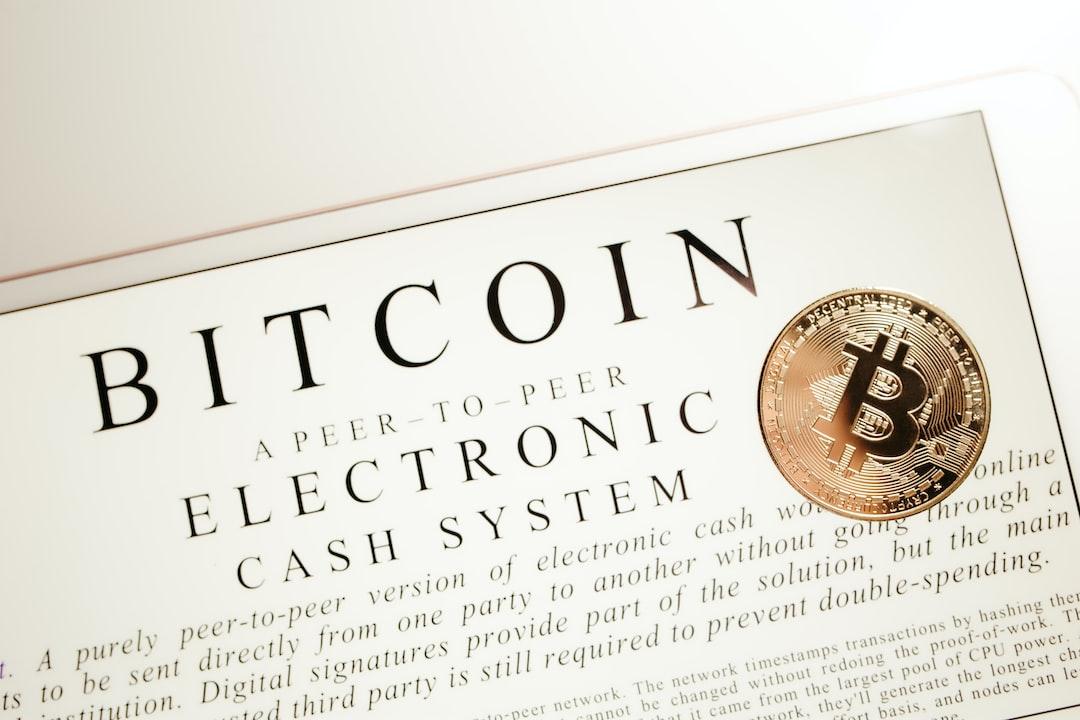ARAX Holdings Corp, a prominent figure in the realm of digital asset management, has officially disclosed its acquisition of a 20% share in The Nemesis, an innovative open-world metaverse platform.
The agreement, unveiled on December 5th, also includes an option for ARAX to potentially obtain an additional 11% stake down the line.
Ockert Loubser, ARAX’s Chief Operating Officer, emphasized the importance of this acquisition, recognizing it as a pivotal move towards reshaping interactions within the digital domain.
The Nemesis functions on an Ethereum-based token system, utilizing NEMS for transactions and as a form of in-game reward. Additionally, the metaverse platform integrates non-fungible tokens (NFTs) to represent a variety of virtual assets such as land, companion characters, and vehicles.
In a strategic maneuver, The Nemesis will be launching on Core Blockchain, a platform owned by Core Business Holdings, a subsidiary recently acquired by ARAX. The asset manager also made a separate announcement regarding the initiation of the native Core Token in November.
This deal also involves the participation of CorePass, the designated wallet for Core Coin and Core Token. ARAX aims to work closely with The Nemesis to create connectors for CorePass using a Unity SDK, enhancing the functionality and accessibility of their digital assets.
The strategic partnership between ARAX and The Nemesis is projected to enhance the digital asset management capabilities within the Core Business Holdings Ecosystem. This is anticipated to drive up the demand for Core Token and Core Coin while enabling ARAX to explore new avenues of customer engagement across various sectors including fintech, healthcare, and industrial solutions.
Emphasizing the growing significance of the metaverse, ARAX referenced statistics indicating approximately 400 million monthly active users in this sector. Furthermore, it forecasted that by the mid-2030s, the metaverse could potentially generate an economic impact of €489 billion in the EU and $760 billion in the U.S.
This development aligns with the European Union’s ambition to lead in the development of virtual worlds, as reported by crypto.news in November. The EU is striving to bolster its businesses and lessen reliance on non-EU technological resources, with the European Commission advocating for new standards and global governance in the metaverse.

